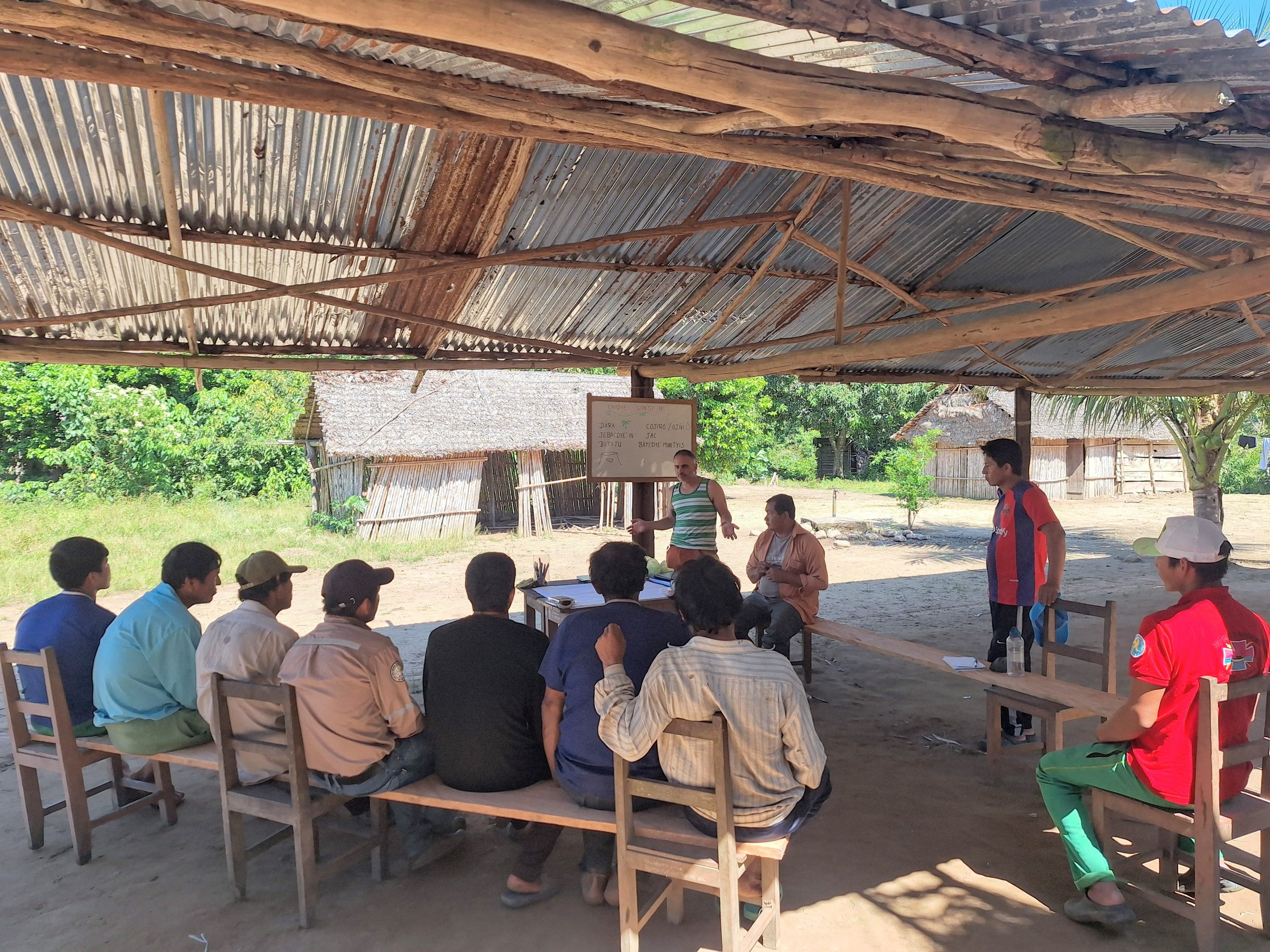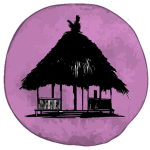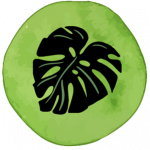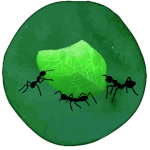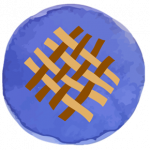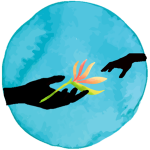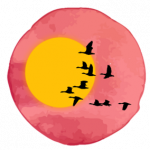In early September we organised a workshop about local perceptions of cultural and environmental change. More accurately put, we held two workshops in tandem: to organise more comfortable discussion spaces there was one workshop with the women of the village, and another with the men. It became very clear from these meetings that the Tsimane’ world is changing fast: overharvesting of plants like Cajtafa (Geonoma deversa), used for thatching roofs, or a high hunting pressure on certain animals such as Odo’ (spider monkeys), lead to an impoverished forest where vital resources for Tsimane’ life are increasingly hard to find. Cultural practices are also changing fast: young people don’t hunt with bow and arrow but use guns instead, and many people are forgetting the medicines from the forest. In the months to come, we hope to continue supporting the Tsimane’ in their own efforts to remain culturally resilient in face of these changes, by documenting local knowledges, organising workshops, and inviting people to help direct our research questions.

